Mozambique: Minister calls for competitive farming to cut food imports
Farmers in Mozambique rise to the challenge – By Anne Beathe Tvinnereim
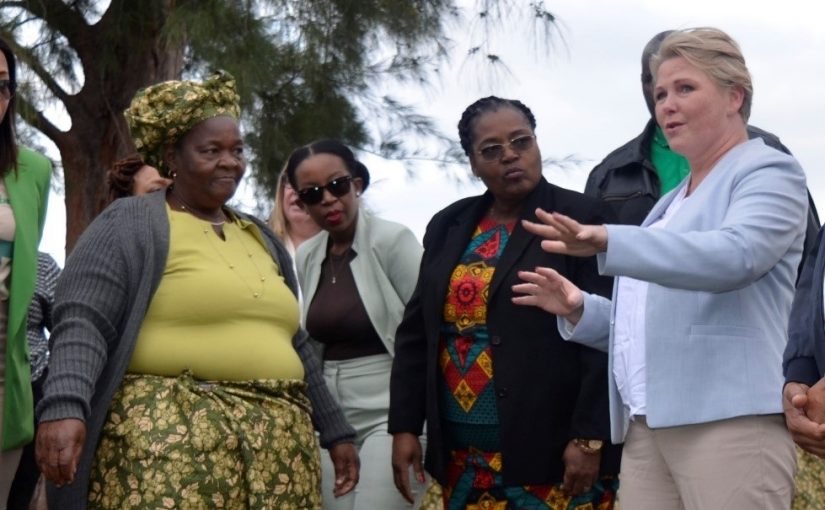
Minister Anne Beathe Tvinnereim speaking with IFAD project participant, Aida Simbine. [Photo: IFAD/Linda Odhiambo]
- Norway’s Minister of International Development shares her reflections on her recent visit to Mozambique.

How we, as a global community, support small-scale farmers can be a question of life and death. Done well, the farmers and the agri value chain hold immense transformative power.
Being a farmer anywhere in the world today is a challenge. They not only need to save their crops and livestock from extreme temperatures and unpredictable rainfall, but they also have to contend with fluctuating prices for inputs, like fertilizer and fuel.
But being a small-scale farmer in the world’s poorest countries can seem like an almost insurmountable challenge. Here, the effects of climate change are even more pronounced and there is little or no access to services, roads, and markets—the things you need to be able to produce and sell effectively.
During my recent visit to Mozambique, I spoke to Aida Simbine, an IFAD-supported farmer in Moamba village in southern Mozambique. She told me her story of resilience and perseverance. Despite facing droughts followed by torrential rain from Cyclone Freddy, Aida manages to grow all sorts of produce on her small farm, from beans and potatoes to chillies and onions.
She uses the produce from her flourishing farm in her catering business and sells the surplus at local markets. She is going from strength to strength and is reinvesting the money she makes to grow her farm and business even further.
Aida can do this thanks to the IFAD-supported PROCAVA project. The scheme pumps water from the nearby Incomati River which farmers, like Aida, then use to irrigate their land. It is managed by a local association made up of 125 small-scale farmers, the majority of whom are women.
This association also manages two shade nets, similar to greenhouses, which were set up by an IFAD-supported project. Rotating each season between different farmers in the community, vegetables can grow year-round beneath the shade nets. But they also protected the crops during the cyclone, providing farmers with a much-needed source of food and income at critical times.
Development initiatives must always have solid anchoring in the community if they are to produce lasting results. I was glad to see these IFAD-supported projects being community-driven. This means local people have a say in what the project should do and, importantly, take full ownership of the initiative once the project comes to an end.
I know this may seem like an obvious idea—that those who the project supports are involved and contribute to it—yet I find that we, as a development community, still have a long way to go.
Not only are projects more successful when they are based on community involvement, but they have longer-lasting effects after a project ends. This is the kind of sustainable, empowering, people-centred development that Norway looks to support.
But IFAD does not only provide farmers with the tools, finance, and infrastructure they need. It also provides them with the skills necessary to make the most of these solutions and to be prepared for a climate change future.
I saw this for myself when I met participants of the IFAD-supported Rural Enterprise Finance Project in Tete province. Here, two of the UN’s Rome-based agencies—IFAD and WFP—are working together for an even bigger combined impact.
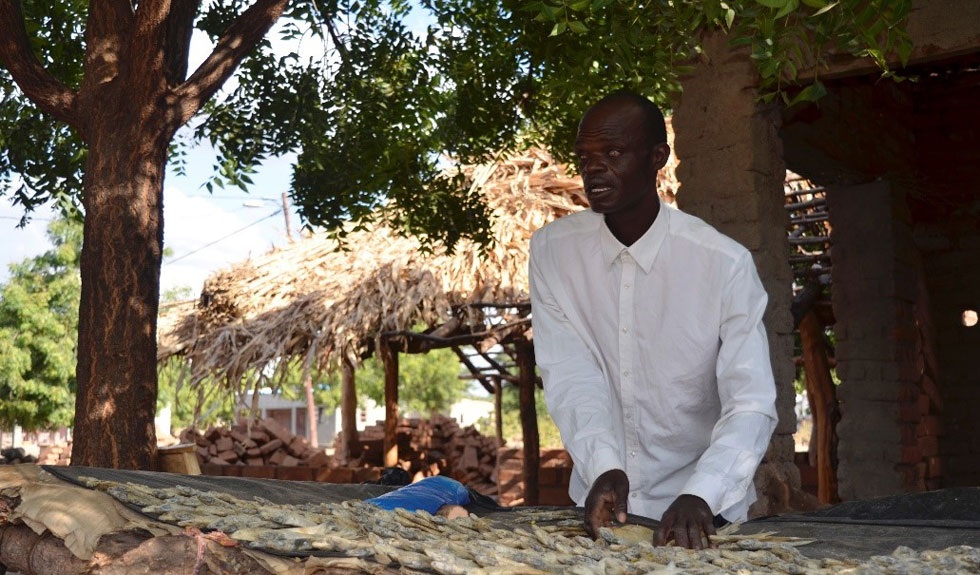
I am grateful for Norway’s partnership with IFAD and for the opportunity to meet the farmers who are achieving the seemingly impossible: feeding their communities in spite of our changing climate.
By supporting small-scale farmers and investing in value chains, we can increase food security in African countries and provide families with better incomes. This is in line with the feedback I get from African leaders in many of my conversations. They too, tell me of their work to strengthen self-sufficiency and reduce dependency on expensive imported food. By doing so, we can fight hunger, improve conditions for women and create employment in both rural and urban areas.
Find out more about the difference investments in IFAD are making: .https://www.ifad.org/en/ifad13/
By Anne Beathe Tvinnereim


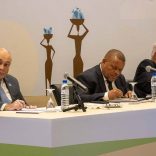

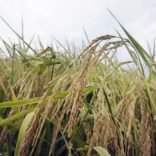

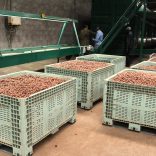
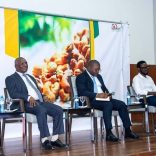




Leave a Reply
Be the First to Comment!
You must be logged in to post a comment.
You must be logged in to post a comment.